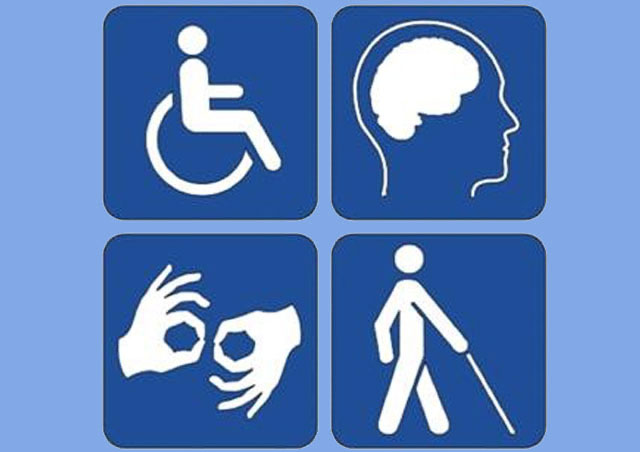Americans with Disabilities Act (ADA): Why It Matters For Websites
Your Website Could Be In Danger
Are you familiar with the Americans with Disabilities Act (ADA)? You may not be. However, the importance can save your website and subsequently your company from any potential lawsuits, damages, injuries, or loss. In addition to helping out the people who need extra resources navigating your website.
What is it? The ADA is a civil rights law that prohibits discrimination against individuals with disabilities in all areas of public life. That includes jobs, schools, transportation, and all public and private places that are open to the general public. The purpose of the law is to make sure that people with disabilities have the same rights and opportunities as everyone else. The ADA gives civil rights protections to individuals with disabilities. Therefore, it guarantees equal opportunity for individuals with disabilities in public accommodations, employment, transportation, state and local government services, and telecommunications.
What that means: The ADA makes sure that people with disabilities can properly read and understand any given website. Thus, websites have to be ADA compliant or else potential damages, injuries, losses, or lawsuits can happen to your company.
Importance of Your Website’s Accessibility
Website accessibility isn’t just about users being able to read, see, and hear your site. It also encompasses a variety of consumers who need specialty devices to let them experience your website as they choose. Therefore, easily accessible websites should always include ease of navigation, clear content, and an organized structure. And, it’s the right thing to do.
Poorly designed websites can create unneeded barriers for people with disabilities. Such as badly created buildings can prevent some people with disabilities from entering. Access problems often occur because website creators mistakenly assume that everyone sees and accesses a webpage the same way. This can lead to potential issues, loss of clientele, or even lawsuits.
Many people with disabilities tend to use assistive technology which enables them to properly sift through websites and use their computers. Thus, some devices include screen readers, text enlargement software, and computer programs that enable people to control the computer with their voice. All people, disability or not, should be able to access any give website.
Not All Websites are Affected the Same
Unless your website represents a federal, state, or local government entity, there are no legally mandated ADA standards to follow that specifically mention website accessibility. However, just because website accessibility isn’t specifically mentioned doesn’t mean that your business’s website shouldn’t be ADA Compliant, nor does it mean your business is safe from being sued for violating accessibility laws.
The U.S. Supreme Court’s Decision
In 2019, the U.S. Supreme Court ruled in favor of website accessibility for the blind. This ruling came to be from a case named “Domino’s Pizza v Robles.” According to the U.S. Supreme Court, “The pizza giant wanted the U.S. Supreme Court to overturn a lower court ruling that it must make its website fully accessible to people with print disabilities.”
Domino’s asked the Supreme Court to rule on the case, brought by a blind person who was unable to order from the chain’s website and sued under Title III of the Americans with Disabilities Act. Thus, the underlying question: are the websites of private businesses the “places of public accommodation” that Congress intended when the ADA was signed into law with this language in pre-Web 1990? Sure, Congress was thinking about doorways, stairs, and all things physical, not about websites or mobile apps. However, the ADA evolved.
How Bower Web Solutions Can Help
“If you’d like to protect yourself [your website], it is recommended that you hire a web developer with the experience to help meet these [ADA] guidelines.” – Niki Jones, CEO of a New York based marketing agency.
Bower Web Solutions is committed to the best of our ability to not only create and design your website – but to protect it as well! Furthermore, we can implement ADA compliant best practices to protect your website and company.
Some basic criteria that we follow to protect your site include:
- Validate your coding
- Sufficient contrast between text and background colors
- Making sure there are captions and transcripts of audio and video
- Using text that makes sense when out of context
- Use lists, consistent structures, and headings
Protect Your Website Today
For more information on what we do in accordance with the ADA, and if you’re interested in protecting your website, please do not hesitate and contact Bower Web Solutions immediately at 973-962-1932.

